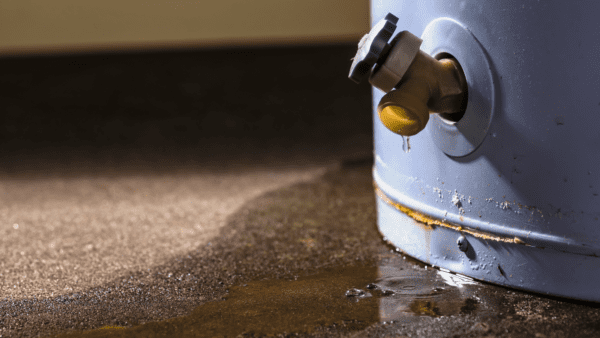How to Improve Your Water Heater’s Efficiency: A Comprehensive Guide

A reliable and efficient water heater is an essential component of any household, providing hot water for bathing, cleaning, and other daily tasks. However, water heaters can be energy-intensive appliances, contributing significantly to your utility bills. The good news is that there are several practical steps you can take to enhance your water heater’s efficiency, saving both energy and money in the long run suggested by the plumber near me. This guide explores a range of strategies to help you maximize your water heater’s performance while minimizing its environmental impact.
- Adjust the Temperature Settings
Most water heaters come with adjustable temperature settings. The default setting is often higher than necessary, leading to excess energy consumption. Lowering the temperature to around 120°F (49°C) can save energy without compromising your comfort. Not only does this reduce the risk of scalding, but it also prevents overheating and mineral buildup inside the tank.
- Regular Maintenance
Performing routine maintenance is key to ensuring your water heater operates at its peak efficiency. Contacting a Hot Water System Plumber to annually flush out your tank will reduce the build-up of sediments and minerals that can accumulate in the tank over time, reducing its efficiency.
- Insulate Your Water Heater
Water heater insulation helps to keep the water inside the tank hot, reducing the need for the heater to cycle on frequently. Insulating the hot water pipes that connect to your water heater also helps maintain the water’s temperature as it travels through your home. This is particularly effective if your water heater is located in an unheated area.
- Consider a Tankless Water Heater
Tankless, or on-demand, water heaters provide hot water only when needed, eliminating the standby energy losses associated with traditional tank heaters. While tankless units may have a higher upfront cost, they generally last longer and can result in significant energy savings over time.
- Upgrade to a High-Efficiency Model
If you’re due for a water heater replacement, opt for a high-efficiency model. These units are designed to minimize heat loss and operate more efficiently than older models. Look for heaters with a high Energy Factor (EF) rating to ensure optimal performance.
- Install a Timer
A timer can be a simple yet effective tool for improving your water heater’s efficiency. You can program the timer to turn the heater off during periods when hot water is not needed, such as when you’re away at work or asleep. This prevents the heater from continuously maintaining a high temperature when it’s not in use.
- Fix Leaks Promptly
A leaking water heater not only wastes water but also causes the unit to work harder to maintain the desired temperature. Even small leaks can lead to significant energy losses over time. Inspect your water heater regularly for leaks and address them promptly to maintain efficiency.
- Install Low-Flow Fixtures
Pairing your efficient water heater with low-flow faucets and showerheads can further enhance your water and energy savings. These fixtures reduce the amount of hot water you use, which in turn reduces the load on your water heater.
- Consider Solar Water Heating
Harnessing the power of the sun to heat your water can be an eco-friendly and cost-effective option. Solar water heating systems use solar collectors to absorb energy from the sun and transfer it to your water supply. While the upfront investment can be higher, the long-term energy savings can be substantial.
- Evaluate Your Hot Water Usage Habits
Being mindful of your hot water usage can significantly impact your water heater’s efficiency. Shortening shower times, running the dishwasher and washing machine with full loads, and avoiding hot water wastage can all contribute to energy savings.
- Use Cold Water for Laundry
When doing laundry, opt for cold water whenever possible. Many modern laundry detergents are formulated to work effectively in cold water, which can significantly reduce the energy used to heat water for washing clothes. This small change can add up to substantial energy savings over time.
- Insulate Hot Water Pipes
Insulating the hot water pipes that connect to your water heater helps to maintain the water’s temperature as it travels through your home. This is particularly important for pipes that run through unheated spaces like basements and crawl spaces. By minimizing heat loss during transportation, you’ll reduce the amount of energy your water heater needs to compensate for temperature drops.
Final thoughts
Improving your water heater’s efficiency doesn’t have to be complicated. By following these steps, you can optimize your water heater’s performance, reduce your energy consumption, and lower your utility bills. Whether through simple adjustments, regular maintenance, or considering more energy-efficient options, the choices you make can have a lasting positive impact on both your wallet and the environment. Take the time to assess your current water heater setup and implement these strategies to enjoy the benefits of a more efficient home water heating system.









